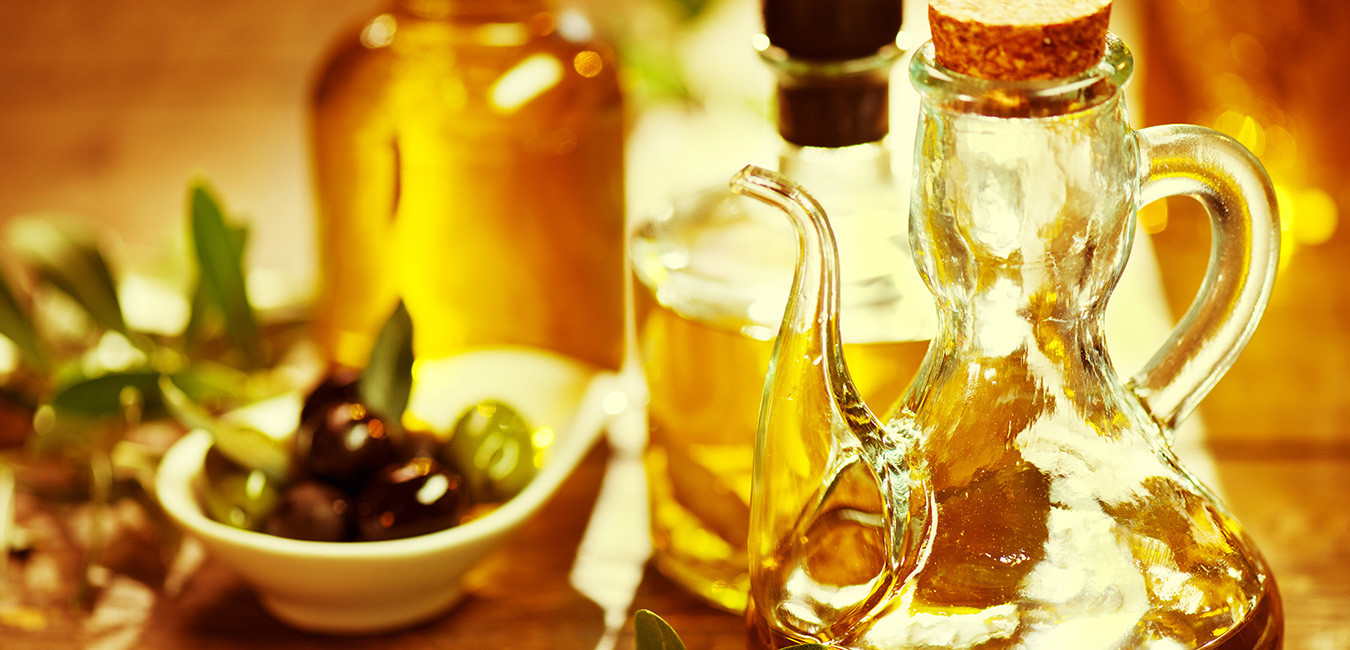A compound called DMB (3,3-dimethyl-1-butanol), found in olive oil, red wine and other foods, may someday be a first-of-its kind drug with the potential to treat—or even prevent—heart disease in the future, suggests a new Cleveland Clinic study published in the journal Cell.
The investigators report that in mice, dietary supplementation with this naturally occurring compound safely inhibited atherosclerosis (plaque buildup in arteries) and significantly lowered production of TMAO (trimethylamine-N-oxide), a heart-harming metabolite derived from gut bacteria.
If future studies show similar effects in people, the research may ultimately lead to a new strategy to treat—or even prevent—heart disease and stroke, two of the leading causes of death globally. To date, no trials of DMB have been done in humans.
“This study shows for the first time that one can target a gut microbial pathway to inhibit atherosclerosis,” says senior study author Stanley Hazen, MD of the Cleveland Clinic. “This new approach opens the door to the concept of drugging the microbiome to affect a therapeutic benefit in the host.”
TMAO Testing: A Powerful Predictor of Heart Attack and Stroke Risk
As we recently reported, pioneering research by Dr. Hazen and colleagues shows that blood levels of TMAO can powerfully predict future risk for heart attack, stroke and death in people who appear otherwise healthy.
A new test, available through Cleveland HeartLab, measures blood levels of TMAO, which is produced by the liver after gut bacteria digest L-carnitine (found in red meat) and lecithin (found in egg yolks, meats and full-fat dairy products). Lecithin is also pumped into the intestines as a component of bile, so everyone, regardless of diet, has potential for elevated levels of TMAO.
Dr. Hazen and his research team have also shown that TMAO directly contributes to narrowing of the artery walls through plaque buildup–a discovery hailed by the American Heart Association and American Stroke Association in 2013 as one of the top 10 advances in heart disease and stroke science.
New Insights into the Heart-Protective Mediterranean Diet
The new Cleveland Clinic study suggests that one way that the Mediterranean diet, which includes foods rich in DMB, may help reduce heart attack and stroke risk is by altering the activity of gut microbes.
A 2013 clinical trial with about 7,700 participants linked eating a Mediterranean diet to a 30 percent lower rate of heart attacks, strokes, and deaths from heart-related causes, compared to following a control low-fat diet. The Mediterranean diet is high in olive oil, nuts, fruits, vegetables and fish, and can include moderate consumption of red wine.
Conversely, high intake of lecithin and L-carnitine has been linked to increased risk for atherosclerosis, also known as hardening of the arteries. Gut microbes convert these nutrients into a compound called trimethylamine (TMA), which in turn is converted into TMAO, which accelerates atherosclerosis in animals and is associated with a higher risk for heart disease in people.
A Potential New Approach to Stave Off Heart Disease
In the new study, the investigators found that DMB, which is naturally abundant in cold-pressed extra virgin olive oil, balsamic vinegar and grape seed oils, inhibited TMA formation without killing gut bacteria.
“If we replicate our findings in upcoming human studies, this could be a whole new approach to the treatment of cardiovascular and metabolic diseases,” Dr. Hazen says. “In the meantime, our findings suggest that it might not be a bad idea to consume a Mediterranean diet to help stave off heart disease and other health problems.”

